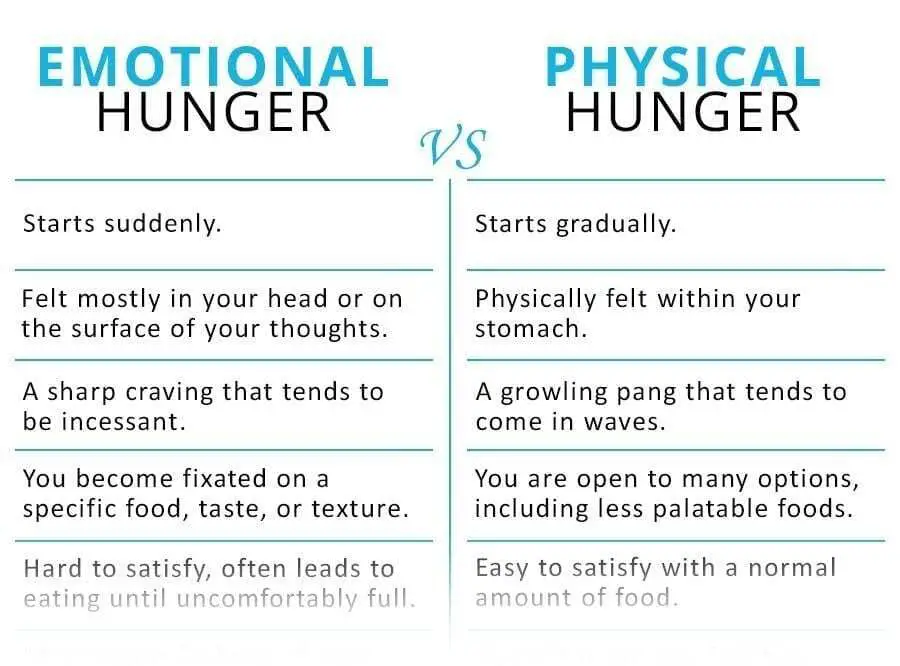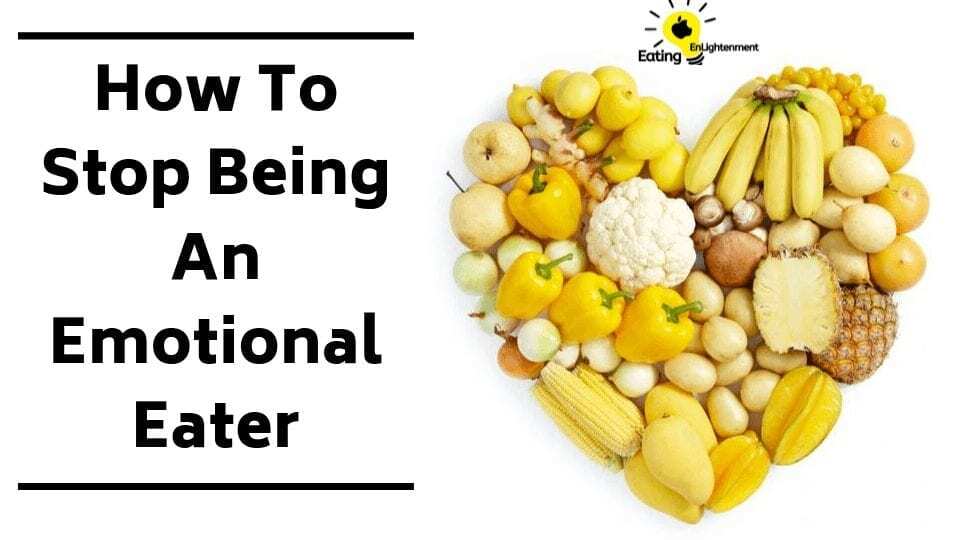Today we’re going to be talking how to stop being an emotional eater. We’ll be looking at the root causes of disordered eating, eating disorders and binge eating.
It all begins with the bond between mother and child, and father’s too.
According to attachment theory there are three main types of attachment:
- Secure – You are able to trust people without closing yourself off to intimacy, distancing yourself and can remain calm and non-needy
- Anxious – tend to desire strongly to be close to their partner, can be perceived as needy
- Avoidant – tend to wall off from their partner, aren’t as comfortable with intimacy
Knowing your type of attachment is important
Knowing your attachment is important because if you have a long history of binge eating, then most likely you have an attachment of being anxious or avoidant.
We will talk about these three attachment styles later on, but first I just want to share that I myself have struggled with binge eating when I wrestled in high school.
And I have a long history of working with anxious and avoiding attachment patterns. For years, about 4 years I think, I saw a therapist in order to develop secure attachment.
I come from a background where I developed a unique attachment style – a mixture of being anxious and avoidant.
Now perhaps unsurprisingly, but being able to accept your emotions here is incredibly important. When I first learned about this I was horrified.
So you can also read my other post here about how practice accepting your emotions and being happy.
So when I speak about attachment styles and struggles with overeating, I’m coming from a sincere place.
Sometimes people question me if I can help I’m suited to help with overeating because I am not obese and never have been overweight.
And I could tell you a bunch of certifications I have, or all this experience, but the truth if it is…
I have gone through hell and back while changing my attachment style from insecure anxious and avoidant to being more secure.
The lessons I’ve learned in this journey parallel the exact lessons and wisdom you need to stop binge eating.
For example, avoiding people get overwhelmed by their feelings. They seek to avoid their feelings. One defense mechanism is thinking, and planning, instead of feeling.
So, and part of my attachment journey and healing, I’ve had to learn to connect to my body.
This might sound weird, but for most of my life I did not know how to connect with my body.

If I felt anxious or sad or angry, I would try to analyze and plan out my behavior.
It turns out thinking too much isn’t good. Because after stuffing down the anxious feelings and depression, I would also stuff myself with food and weed. I did not know how to stop being an emotional eater of drugs and food.
And my body reflected this, back when I wrestled I would routinely gain weight and lose weight. Sometimes fluctuating 10-15 lbs in one week, and repeatedly week after week. This is the definition of yo-yo dieting!
Let’s examine this and more depth – why do eating an attachment struggles go hand-in-hand? How To Stop Being An Emotional Eater?
Here’s a typical example.
Let’s say your mom was more of the anxious type. So when you cried as a baby she would get anxious. Instead of remaining calm, maybe she would get upset at you.
Perhaps there weren’t many financial resources available, so your mom had to work a few jobs and this pressure made her very nervous.
Or, perhaps you as a baby just sensed your mom’s anxiety and picked that up. Either way, being around an anxious mom will tend to lead to anxious children.

How does this relate to food?
Well, it’s pretty easy to imagine a mom being a little too hands-on, like a helicopter parent.
I’m sure you can easily picture well intention to mom who totally suffocates her kids and her attention. She might always be looking to the amount of food her kids are eating and measuring her kids foods.
Of course, it’s also easy to see how an anxious attachment style would lead to worries about weight and constant conversations and remarks about weight, which easily could disordered eating.
Avoidant attachment style is similar.
There’s neglect. Perhaps your parents are overly logical and distant and cold, like mine. That will make it difficult to connect with your body.
Perhaps you didn’t get enough food as a kid, because your parents didn’t recognize when you’re hungry and feed you. This could lead to a deprivation and sense of distrust around food.
So let’s get practical – how to figure out which attachment style you are.
Here’s a link to a short quiz where you can discover what attachment style you are.
This quiz may not be perfectly accurate. In reality, you probably fall on a spectrum and lean towards being secure, anxious or avoidant but have tendencies of all three.
Another rule of thumb is to look at your relationships.
If you’re always alone, independent, only in short relationships, then you are probably avoidant attachment. This was my default pattern before I got help.
Now – what to do about binge eating once you know your attachment style?
The lessons you learn in your attachment journey will parallel the wisdom you need to succeed in eating.
The main thing that I’d like to convey is the importance of getting help. These issues are tough and there are numerous ways you can be unhappy. Yet also, do have hope. While these issues are tough, you can develop more security in yourself and trust around food.



